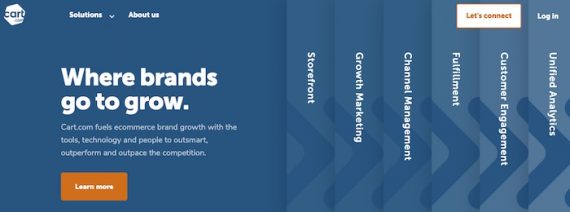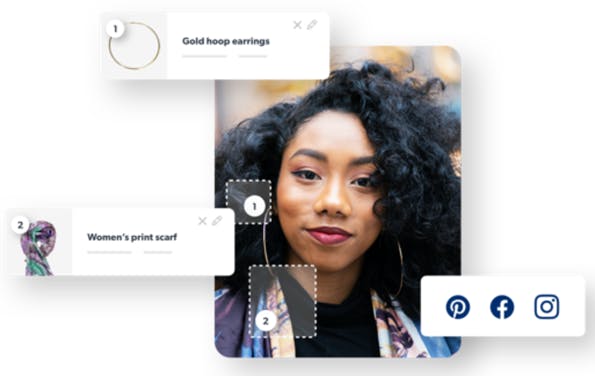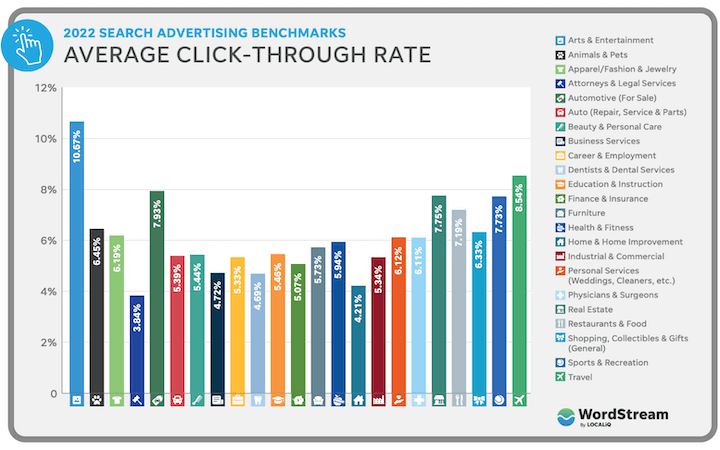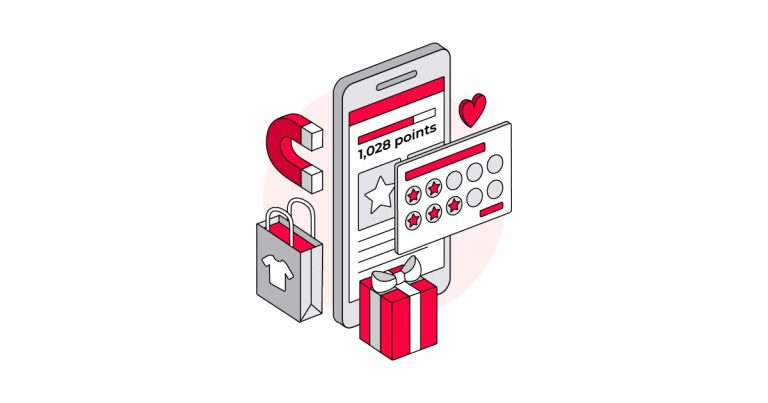Throughout the pandemic and during the current lockdown, it has been incredibly challenging. The office was the physical barrier that separated work from home.
Please describe your job: What do you do?
Whether you’re targeting businesses or consumers, embrace simplicity. However incremental, make everything – from customer service interaction to using your platform – as easy as possible for the user.
The trouble with starting your day early is that my brain often tends to fade early evening. This is especially pertinent at a startup where the majority of tasks are unfamiliar and high intensity. As a consequence, I’ll often front load tasks that require the most energy.
Talk us through a typical day
When you’re starting a business, every day is unique. You lose all the consistency that you may get in traditional corporate life. I try to spend as little time as I can on email. In most instances I find it a really ineffective means of communication. It takes a long time to type and tone-of-voice and body language is lost, therefore messages are often misunderstood. The communication lies with the reader, not the sender. I think people can fall into a trap of thinking they’re being productive by answering emails. You need to take charge of your time. Could you be using it more effectively?
I am the co-founder and COO at DASH Rides, a leading e-bike subscription platform. Our mission is to change the way the world moves for good. Through the Cycle to Work scheme, we are making e-bikes affordable and accessible to all – all for less than the cost of a sandwich a day. By working with businesses across the UK, we provide them with the tools they need to be carbon neutral, as well as make a transformative impact on the employees’ health and wellbeing.
Governments and city planners have realised the strategic importance of electric bikes. Electric bikes offer a quintessential solution to reducing CO2 emissions and traffic, as well as improving mobility, which is why it has been placed at the heart of their build back better schemes. In the next five years, the city infrastructure will look completely different. We’ll see it being reinvented for cyclists and pedestrians, with much more cycle lanes and pedestrian areas everywhere. You can already see this happening in Paris and other cities around Europe. Cities that embrace this mobility revolution will become much more successful in the long-run.
Today’s ‘day in the life’ features David Watkins – the co-founder and COO of e-bike subscription platform, DASH Rides. We speak with David about his day-to-day working life, how DASH pivoted during Covid-19, and why the pandemic has forever-changed transport systems.
On top of this, we shifted away from targeting multinational companies to small businesses. From the data we’ve collected about 7% of businesses in the UK have a Cycle to Work Scheme and these are primarily large corporations. By focusing on smaller businesses, we’re making the Cycle to Work scheme accessible for the 93% by creating a flexible, fast and easy platform.
How do you maintain an effective work/life balance?
The pandemic has demonstrated transport systems cannot go back to where they left off. Overcrowding, congestion, and air pollution are all fundamental health and environmental problems that we have unanimously engineered over the last few decades. It will take significant time, but we can engineer our way out of these problems.
Consumer attitudes towards public transport have changed during the pandemic, and it’s clear these behaviours will outlast the pandemic. No longer do people want to be squished on a busy tube or bus, and they’ve realised they don’t have too. They’ve discovered cycling. With a bike, they realised they could get from here to there in less time than taking public transport or driving – and even quicker on an eclectic bike.
How has strategy changed at your company?
Most of my day is spent with my co-founder, Jamie Milroy, working across multiple projects together. I was once told by another founder that co-founding a business is a lot like marriage, but without the sex. You spend more time with your co-founder than anyone else. It’s a very intense relationship and you need to be confident that you can work well together before committing to anything.
The type of customer we were targeting no longer had a need for our service. With everyone working from home, they no longer needed DASH Rides to get to work. We shifted away from targeting travel to work and focused on a whole new individual. When the pandemic hit, people still needed to get around the city, no one wanted to use public transportation. This was our new demographic.
My main focus right now is scaling our operations, as well as building out our product line. But working at a startup, as you can imagine, you do everything from the start, and wear multiple hats. From marketing to purchasing, HR to sales, I’ve been doing it all. To give you an idea of the breadth of activities, I’ve prepared and presented proposals to investors and cleaned and serviced bikes – all on the same day.
How has customer behaviour (or your clients’ customer behaviour) changed during the pandemic?
I’m definitely an early riser – always have been. At the moment I get up around 6am, but during busy periods it often becomes earlier. I like to get a headstart before the phone starts ringing.
What do you predict for the future?
Working from home in perpetuity has been challenging, for a number of reasons. You don’t move around enough – being static all day is not good for wellbeing. I try to make time everyday for exercise. If I don’t get outside and workout, it very quickly catches up on me. I also try my best to carve out as much time as I can for family and friends. I’m still amazed to see how my mood can improve by spending even a short amount of time with those close to me.
At the beginning of last year, we had secured a large contract with a multinational corporation and thought it would be our big break. Unfortunately, the pandemic hit and because of a clause in the contract, they were able to terminate. At the time we thought it was the worst thing ever – but twelve months later turned out to be the best thing to happen to the company, as it forced us to innovate.
What advice would you give a marketer right now?
You never really ‘finish work’ with a start-up. Often the work day bleeds into the evening and weekends. I tend to go to bed between 9/10pm so I try my best to stop working some time before this to allow my mind and body to unwind before bed. Sleep is really important and I prioritise it very highly. ‘Why we sleep’ is a great book if you haven’t read it.







